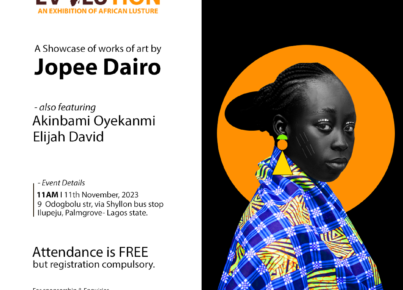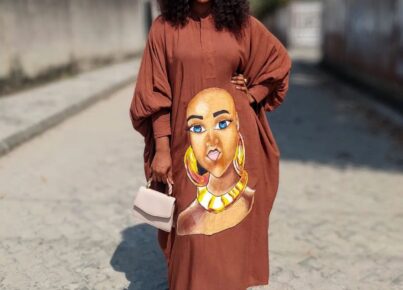[dropcap custom_class=”normal”]Stephen Badu, marketing director of Ghanaian fabric company Premium African Textiles, recently told the Christian Science Monitor that pirated designs—predominantly from China—make up about 60 percent of all textiles sold in Ghana and often retail for half the price of authentic product, forcing several local manufacturers to close in recent years. [/dropcap]
Nigeria is not the only African nation struggling with smuggled Chinese textiles.
Because the government does not accrue industry data outside of import and export numbers, there are no official figures for how much counterfeiting takes place, but the employment stats speak for themselves: an industry that once paid 30,000 workers to craft the colorful wax-printed fabric the country is known for has watched its numbers dwindle to 3,000 jobs.
Article first published in sourcingjournalonline.com
In order to quell the tide of counterfeit textiles smuggled from overseas, technology company mPedigree has devised a system called GoldKeys that it claims can help tell a genuine Ghanaian fabric from a fake. Backed by Premium African Textiles, a scratch-off panel on a fabric label contains a 12-digit code that can be texted to a toll-free service, which responds almost instantly to verify whether the garment is authentic or not.
Also Read: El-Rufai Promises To Revive Textile Factories in Kaduna, Nigeria
Some textile traders believe this mobile technology is the answer to the country’s counterfeit problem, not the government’s 16-member Task Force on the Seizure of Pirated Ghanaian Textile Designs. The group, reconstituted in July, comprises the police, the customs division of the Ghana Revenue Authority, the Ministry of Trade and Industry and representatives from textile companies, and marks the government’s third attempt in four years to fight piracy in the Ghanaian textile industry: a task force was first set up in 2010 and reintroduced in 2013 before being temporarily suspended later that year.
Also Read: Why are Textile Producers in Africa Really Struggling? By Alan Wheeler
Every few months the group raids markets all over the country and burns bootlegged fabric, a move that’s in line with World Trade Organization regulations. In January, for instance, the task force scorched 3,500 pieces of counterfeit cloth estimated to be worth tens of thousands of dollars. But local business leaders say this approach has done little to curb the flow of illegal imports.
Article by
Source: https://www.sourcingjournalonline.com/




